Benny Braaten von FOLKET BORTAFOR NORDAVINDEN im Interview
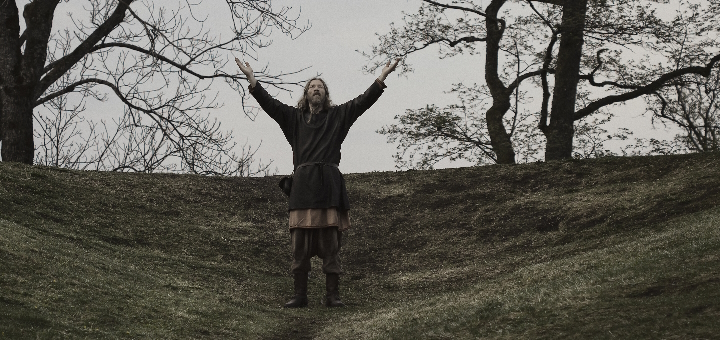
(Das Interview haben wir auf Englisch geführt/ The interview was held in English)
Benny Braaten ist die Stimme und das Herz von FOLKET BORTAFOR NORDAVINDEN. Außerdem gehört er zum ‘Urgestein‘ der nordischen Musikszene. Mit seinem Projekt ORIGAMI GALAKTIKA hat er akustische Ambient – Musik gemacht und er hat mit unglaublich vielen Musikern zusammengearbeitet. Auf Wikingermärkten hat er zusammen mit Gustav Holberg (Astralseid), Espen Winther (Eldrim), Maria Franz (Heilung) und seinem Bruder Kjell Braaten gespielt. Er war wegweisend für Musik, die sowohl von alter nordischer als auch zeitgenössischer Kultur inspiriert ist und diese miteinander verbindet.
Ich hatte das große Vergnügen, mit Benny ein Interview zu machen.
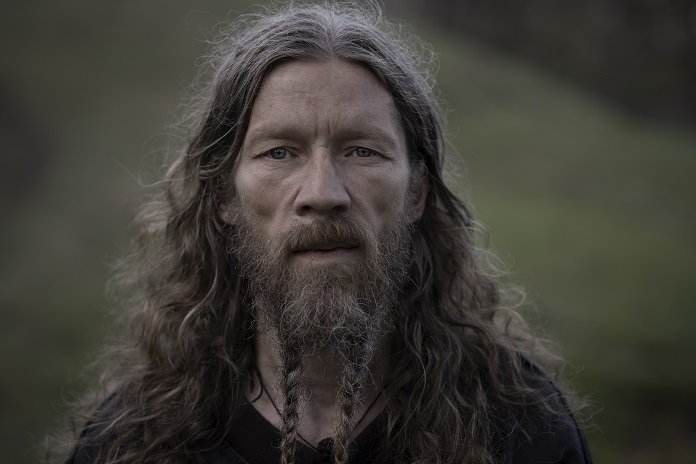
Wir haben nicht nur über die Alben, ihre Entstehung, die Musik und die Lyrics der Songs gesprochen, sondern auch über das Midgardsblot Metal Festival, mit dem FOLKET BORTAFOR NORDAVINDEN eng verbunden sind. Und immer wieder ging es um Musik als verbindendes Element: zwischen Menschen, dem Menschen und der Natur und nicht zuletzt als Möglichkeit, mit sich in Kontakt zu kommen. Wir haben den Bogen von nordischen Runen zu indischen Mantras geschlagen. Und über Musik als bedeutungsvolle, sinngebende individuelle und gemeinschaftliche Erfahrung gesprochen.
Benny Braaten is the voice and the heart of FOLKET BORTAFOR NORDAVINDEN. He is also a ‚veteran‘ of the Nordic music scene. Benny has made acoustic ambient music with his project ORIGAMI GALAKTIKA and has collaborated with an incredible number of musicians. He has played at Viking fairs with Gustav Holberg (Astralseid), Espen Winther (Eldrim), Maria Franz (Heilung) and his brother Kjell Braaten. And he has led the way in music combining ancient Nordic and contemporary cultures.
I had the great pleasure of doing an interview with Benny.
We not only talked about the albums, their creation, the music and the lyrics of the songs, but also about the Midgardsblot Metal Festival, with which FOLKET BORTAFOR NORDAVINDEN is closely connected. And again and again, we talked about music as a connecting element: between people, man and nature and finally as a possibility to get in touch with oneself. We forged a brigde from Nordic runes to Indian mantras. And we talked about music as a meaningful, sense-giving individual and social experience.
The Interview
Hei Benny, I’m very happy to have the opportunity to ask you a few questions today. But can you start by briefly introducing yourself?
I have been doing music most of my life and played in a lot of rock bands. I’ve toured internationally for more than twenty years in many countries in Europe and in Canada and over big parts of the US. I made a few records (studio records, live recordings, and a lot of cooperations). But most of the records I have done with a project called ORIGAMI GALAKTIKA. Then I joined in the so-called ‘Vikings-Scene’, joining EHWAZ a couple of times and then SKVALTHR.
From acoustic ambient music to FOLKET BORTAFOR NORDAVINDEN
How FOLKET came into being?
When I was touring Europe, I did it on interrail tickets dragging around a suitcase of 30 kilos. So, when I toured Canada, I tried to make it simple. Therefore, I used a laptop. But this was boring!
I was always dreaming about doing acoustic ambient music. In the sense of what the word means: ambience – sounds of the surroundings. I spoke to Gustav Holberg (ASTRALSEID and FOLKET BORTAFOR NORDAVINDEN) and John Gunnar Brynjulsrud. Thus, ORIGAMI GALAKTIKA TRIO was born. But the beginning of ORIGAMI GALAKTIKA TRIO and FOLKET BORTAFOR NORDAVINDEN was a little bit difficult to separate from each other. FOLKET kind of flowed in as SKVALTHR was fading out.
What connects the music of ORIGAMI GALAKTIKA and FOLKET? Where are the overlaps?
The music is for the same reason, the reason I am doing music I believe, because we know that it works. I don’t make this kind of music to make this kind of music. I make it because this is how it is. Music is our tool. But what we really do is energy work.
Without masks and filters
So, it is to increase the energy in the body and between people? How would you describe your music? Often, the music of FOLKET is described as raw, primal.
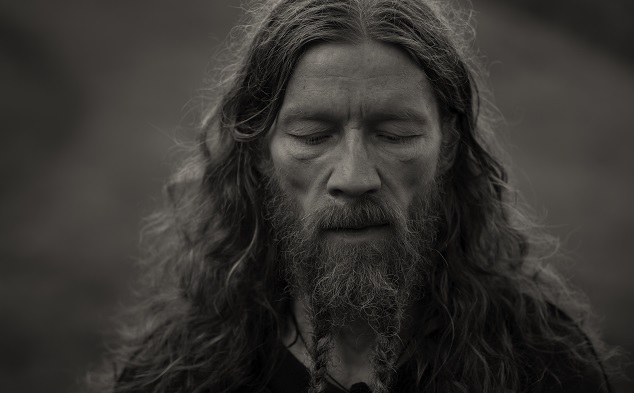
I like an expression, that doesn’t work in English but in German: it is “Ur” so “Ur- Music”. The closest you get in English would be ancient or original, first or something but it doesn’t really cover it fully I think. Of course, it is primal. Because in order to make it work this is something I am working on also on a personal level: I want to avoid the filters, I want to avoid the masks and the image and all this stuff. When we take away all this image stuff: It is raw.
The music and the expression is not so much put into a certain form. Has much been lost through the ‚cultivation‘ of music?
Yes, I think so. In a way. My intention with music has always been: healing. And I know that people I worked with feel the same way about it.
Music is often said to have a healing effect.
I’ve always wondered for example – this new age stuff that is used as healing music: why does it all sound like plastic? When it’s about healing, it needs something more to work. And that’s this rawness we were talking about.
And again: it isn’t Viking music!
For me, the music you make with FOLKET is more concrete and in connection with other parts of being. In the early days of FOLKET, you have been in touch with the Viking scene. What do you think about people calling your music „Viking music“?
I never said that it is Viking music. We often said that we don’t claim to play Viking music. But we did not use any material, that they did not have available. Meaning: everything is from nature. Drums with natural fur, flutes of wood, bone or horn, and the voice. The voice and the drums are the main part of it.
Einar Selvik from WARDRUNA also emphasises that WARDRUNA does not make „Viking music“ in the traditional sense. But that it is a modern interpretation of music from Norse mythology based on archaeological finds. And involving the use of historical instruments and Scandinavian sounds.
I think people can call it what they want but I don’t call it Viking music. I think this Viking thing has in many ways great potential, but it is also very limiting. Because you are putting it in a certain frame of ideas of this period. We don’t know much about it. The music has often been neglected. Archaeologists don’t have taken it in consideration. Music archaeology started in the 1970’s as far as I know and is still not a big field.
Musical instruments that have disappeared in the kitchen section
I.e. musical instruments have been ignored or not recognised in the first place?
A lot of things, which could have been musical instruments were put in the kitchen department by archaeologists because they didn’t know what it was. They found a cylinder and assumed it was a cooking pot.
Children go the other way: they take a pot and make music with it. I think people always started to make music with things they are surrounded by.
Yes, that makes sense, and we all do this in some way. And using the voice and rhythm. We all do this naturally. So, what do mothers do with their children as a natural reaction when they fell or come out of balance?
Hold, touch, rocking, nursing and singing.
It is the rocking that helps them back in the rhythm. The singing will tune them. This a mother will do unconsciously. It is just the way it is. But much of this has been lost in our culture.
Do you mean that we are increasingly losing touch with rhythms, sounds, people and nature?
Yes, because we no longer see ourselves as part of nature. Nature should and does serve. And I think that is very very wrong.
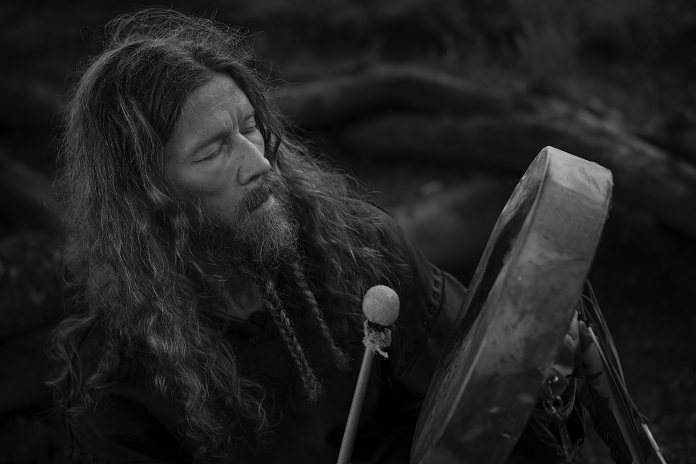
Drums and voice speak to everybody – music is not always about understanding words
You absorb the rhythms and sounds of nature and give them a new form with the instruments. But above all, you use your voice. How did you come to make music in this way? Or rather: how did the music come to you? Was there a moment when you thought: That is the sound I imagined it would sound?
I would not say that it is conscious. It is the way it sounds. It is because I wanted something that is real. Something that is true. I wanted to come to the warmness again. I think the drums speak to everybody. The voice also speaks to everybody. You don’t have to understand the words. On the album “Et Liv Uten Ende” for me, the message is very important. Therefore, you can get the translation of the lyrics in four languages in the CD and on Bandcamp so that people can understand them. I hope that people read them. But you can also listen to it without.
I heard that Einar from WARDRUNA was talking about that also. Somebody said, that it is hard to understand what he is singing. He said that it is not always about understanding the words. You can get the feeling anyways. I think when you do this primal or primitive music it can speak to everyone.
Has your attitude or approach changed over the years?
By now I am starting to understand how to use my voice and I am getting more and more comfortable with it. In the beginning with SKVALTHR I was very scared singing in such a naked way and expression. I am thinking I am supposed to do it that way. A lot of what has happened on thes life journey had only prepared me for this.
Searching for something true
So, the way was to try something and look at what it will do to you and the others, and how it will work? And you found this kind of music. And then you found other people to make music together?
In SKVALTHR, EHWAZ and also in FOLKET we are a group of friends. And somehow it happened. I have been searching for some ambient music that I feel is true for many many years. And I can probably still count on the fingers on one hand, artists that I feel fit into that. We found it in Tuva in Mongolia. With Bands like HUUN HUUR TU. Because that was the only thing remotely close to what we have been searching for.
I like your voice, the deep sound. You don’t have to sing a word – only let it flow. And I like how you sing on the new album. It suits the music, goes with the lyrics.
Thank you. I learned a lot during the process of recording. And I mean that my voice essentially makes up the sound of the album.
FOLKET BORTAFOR NORDAVINDEN – people beyond the north wind
Back to FOLKET. Where is the name coming from?
That has a literary reference. It is probably the oldest reference to our part of the world. A Greek author, Hesiod/Hesiodos wrote of people beyond the north wind around 700BC. I found this name and thought: That’s it! That’s the name. I am thinking that is a great name.
You have been doing music with FOLKET for more than 15 years. It lasts a long time until you release the first album.
In the 90s and early 2000s I made a lot of records, solo and together with others. At some point, GRIMFROST [Label] asked me if I wanted to do an album with FOLKET. It took a while until „Sagnamadr“ was released because a lot has happened around that time. So, I asked my brother Kjell if he could help me. Otherwise, I had to tell GRIMFROST to skip the whole thing, I just wasn’t in a place I could or wanted to do it. He agreed to do it and I am very grateful for that. So if you like FOLKET, support Kjells work. Because without him, there really would not be the first album.
Did you write the songs especially for this album?
The songs on the album „Sagnamadr“ already existed before. „Skau“, for example, I had already recorded nine years prior. „Ett Liv Uten Ende“ came as one album. Recording an album is not my main priority now. But I am really happy to be making music on a record with FOLKET because it can reach more people.
The priority for FOLKET is playing live on stage?
Yes, but not the stage, because we don’t come from the stage. But being out there with the people. Streetperformance.
“Ah, this is a song!“

As you said, it’s like the songs for “Sagnamadr” were already ‚there‘ somehow before the idea for the album came? Was it different with „Ett Liv Uten Ende“?
The work on “Skeidsongr” and “Ginnungagap” started, before the first record was released. I was working on them when Kjell mixed “Sagnamadr”. On walks throught the forest I got parts of what turned into “Ginnungagap”. I felt that things had come fit together. And I thought: “Ah, this is a song”. And also, the main chorus on the title track “Ett Liv Uten Ende” came like that on walks in the forest. But „Ett Liv“ came as one album.
So, it was an ‚actual‘ way that the songs came into being. Perhaps this is also a reason why, in my view, there is definitely a common theme in these songs: everything emerges from nothing, things move in cycles, but in which the old must pass away to make way for the new.
Yes, to me when I look at the whole thing it is a concept album. It has a theme all the way through: the circle of life, rebirth, the ending of one circle and the beginning of a new one. I didn’t know this. I realized it during the process.
That has been one of my questions: if you had a concept, a frame before. But now you said that it was the other way around.
Yes, that’s because it is written in the liner notes: “Received and performed by” – and not: written and performed.
In the music, I heard above all these cycles. How new structures emerged from repetitions and shifts. Looking at the lyrics the impression that there was a concept came clearer. The ideas about the old that has to disappear to let something new come. That everything is in cycles. I like and feel this. In the second album, you have some songs with lyrics. Did they come the same way to you as the music did?
Same way. They came. I was starting to realise during the process of making this album that this here is much bigger than I could imagine in a way. I realised that it has a theme throughout the whole album during the ripening process. Then the lyrics came. Ok, I like words, like playing with them. When the lyrics come, I say: “ok” and I write them down. One year ago, I had the melody in my head. And I had the words. And during Christmas, I sat down, and I found my different notes and then I realised: there it was.
Received and performed by and not written and performed)
As I have already written, I like especially the songs “Den Verden Vi Kjenner” and “Takk For At Du Fant Meg”. That are beautiful songs, with beautiful melodies, and lyrics full of joy and life. And lyrics that have meaning for me. In “Den Verden Vi Kjenner” you use the idea of throwing off masks, so you don’t need filters. Not hiding behind masks is important to make connections with others. But many people shy away or are afraid to show themselves without masks.
Yes, so it is. I can understand that. When you have the mask, you always have protection. But I don’t want that.
I’m just thinking about what you said earlier. That you felt kind of naked, representing something only with your voice. To be without this protection because you are in direct contact with someone. And that is a very important part of the lyrics of the album. To leave off masks. It is great how it fits the music. We talked about the music as being primal, raw. And connected with lyrics speaking about throwing off masks. That comes together.
Perfect. It is good if it comes through.
“Takk For At Du Fant Meg” is a lovesong, but it is also about coming home. The idea, that someone who gets lost in some way can be found, can find home. Or find someone you feel ‘at home’ and comfortable with.
That is exactly what I look on at it. It is a love song and a song about coming home.
That is a kind of warm feeling. And there is a lot of this experience in music.
I was listening to a lecture by Nick Cave: “The Secret Life Of The Lovesong”. There he is talking about what he feels is needed by a love song to be great. He said there needs to be a kind of despair, a kind of pain. “Takk For At Du Fant Meg” is also about my journey in this life so far that shows growth but also facing challenges that was very big for me. I think that is present in the lyrics. It is about wandering in the desert, in the hills, laying down on mother earth. That is very literal. I was doing that. Surrendering and asking for help. Because I was in a place in life, that was very challenging. I needed help and I got it.
A rock in the ocean
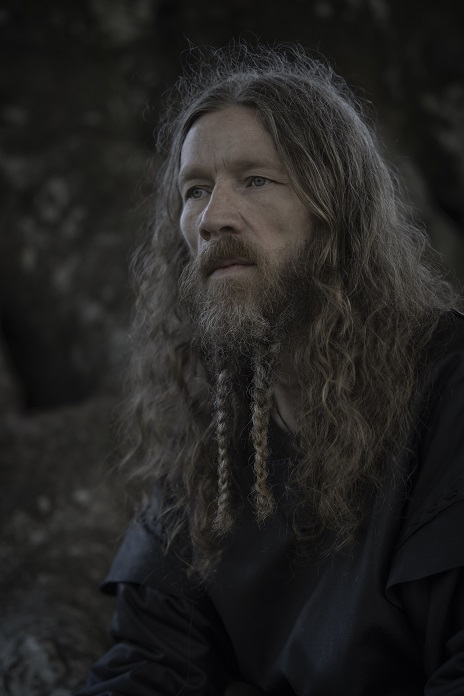
So that means, that it is also about the possibility of getting help when you are open to what is coming. When you are not open to it you wouldn’t find it.
And using the names of runes as you did it in the other songs can be another way of help. To look at what they mean to you and find something helpful. And that is what your music can do: it can help to remain open because it has a lot of unusual elements.
In my experience receiving help or love can sometimes be much more challenging than giving. We have to be open to receiving it.
In “Klippen I Havet” you told a poem. What is it about?
It is also about my journey, but it is the same for all people. Sometimes it is difficult to believe in myself. To believe that I am good enough. At the beginning of making the album, I had a session with Gustav [Holberg] and Rúnahild to record their voices for some songs. And there I realized something that was important to me. They are great singers. I was feeling somewhere ‘under’ them in a way. But then I realized: When I am there, then FOLKET is there.
Yes, it is especially your voice, that makes FOLKET what it is.
That was a big awakening for me. And important for me at all levels of life. To understand that I have also a quality in my voice. Different from theirs. I think that comes to many aspects of life. Now I am illustrating it with music, but it has to do with all aspects of life.
And the poem is about that?
Yes, about realizing the oneness. That it is not me but that it is everything. That is why there is a line like: “I was the rock in the ocean and the water and the wind.” A friend with whom I worked for a long time said: “Remember that you are the rock in the ocean”. Because he was free to do all these wild and brilliant things as a drummer because I was there as a rock, he could flow around me.
Using the voice without filter: honest and naked
I like your voice while you tell the poem.
It is somewhat of an important thing to me. And so, we come back to the masks. I wanted to sing in my dialect, this east-Norwegian-dialect-2022. For me, it is the most honest and naked I can be. I am not singing in some neo-Norwegian for it sounds older. For me, it is not right. And friends of mine pointed out, that this is one of the things that they like about the album, that the pronunciation is very clear and that it is relieving in a way that it is my dialect. That is also a part of taking away the masks. For me, singing in another language or dialect is like a filter. There is something between me and you. And I don’t want that there.
I can feel it. It all fits together. It is true in some way. It is flowing and makes it easy to get in touch with.
That is perfect and I am happy about that.
I want to come back to the runes because nearly half of the songs on the album use the names of runes. I think, that they give us the possibility to feel something through their sound, beyond the meaning as a word. For me, they are the connection between feeling and thinking.
I fully understand it. I appreciate that there are lyrics on the album. Words are a great tool to reach understanding and a great way to bring intention and message out there. And I am not saying that the intellect is a bad thing. But it is easy to be overruled by it. And that takes away the feelings.
Because the intellect makes the filters.
Exactly. But when you manage to balance it. Somebody said: “It used to be a time when the intellect was serving the heart. And now for a very long time, it has been the opposite.” It is time to reverse it again.
So it is good to find a balance between the parts. I often see people that are so ‘in their thinking’ that they are lost because they could not decide how to react and forget to simply try something once.
They are missing experiences. When you try and find out, that it didn’t work, you have that experience, and you can try another way. If we don’t leave our comfort zone, our comfort zone will never grow. We need to get out of it to expand. We need to make mistakes to make something right. If you don’t make a mistake, you wouldn’t try something either.
A non-verbal way of using verbal language
Listening to the name of the runes can help to listen to oneself more again. Sometimes the runes sound like a mantra. The words and the repetitions create an opportunity to concentrate, expand consciousness, to connect to higher energies. Is it the same for you when you are singing them?
Yes, I think so. It is a non-verbal way of using verbal language. I am thinking when using the runes, the songs are pointing at the path. But you still have to walk the path by yourself. It is pointing the direction. I don’t want to say that I understand everything about the runes. I hope that people will experience the words in the songs that have what we consider lyrics. But the runes, they are more than pointers.
So that everyone can give the runes their own meaning.
Yes excactly.
How did you become aware of the runes? Or do all Norwegians know about them?
I think that we all know about them, but we don’t know them. But on my spiritual path, I have been searching in every direction really. Then for a few years, I wanted to learn about the runes. Because I mean they are letters that you can write with. I can neither read nor write runes of the sheet. But I wanted to get to know them. I started journeying with them to get to know them.
Rhythm it is
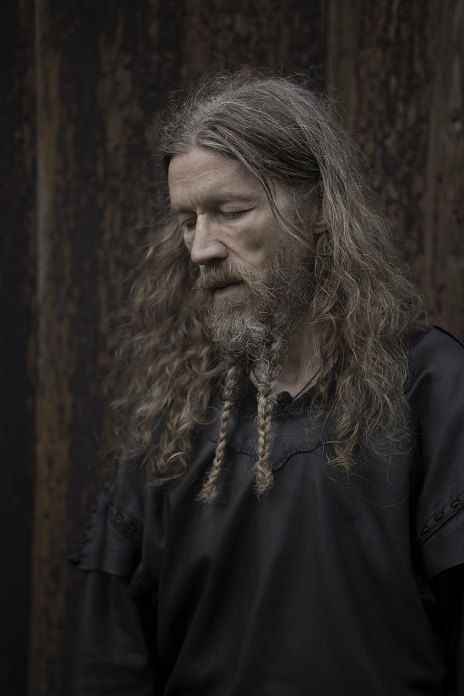
Words also play an important role in giving a song its rhythm. I find that in the songs with the runic words, the connection between words and rhythm plays a special role.
On the album are a lot of rhythmic games with the runes. They are laid on top of each other. It started with the “Ur Is Ka Ha So” from the first album. Because in that song you hear I am starting with the throat-singing and the names of the runes. But the main rhythm is just the start of each rune. It is interesting that you mentioned the mantra. Because when we [Gustav and me] were working on the song, Gustav had previously spent a long time in India. And I also visited India. He talked about what he had experienced there in Mantra-singing. That there are two people facing each other and singing every second sound. We tried to do it with “Ur Is Ka Ha So”. We didn’t manage. But we had the rhythm and the runes. This song was that Mantra-thing. And also on the new album is a lot of inspiration from India. When I was in India, I saw one of these celebrations. And there was a loud orchestra. Suddenly it came: you should make a song in 13 or 11. On “Ett Liv Uten Ende” is “Wunjo Laukar Othala Ingwar” in 13/4 beats, and “Yendaha” has 11/4.
You played in different ways with the runes also, I think. How you used them in the songs, in the titles. Yes, “Wunjo Hagalar Algir Dagar” is like a resumee of the whole album. It is like the back of a book, because I took every first rune of the songs on the album. That song is very much a kind of mantra. You have a melody, and you have all the runes, but they don’t add up the same. It is a different number of runes and tones. The last round is like the first. And the rest is the way going through all the variations. It is moving one step for each round. That is why the song has the lengths that it has. The melody I sing goes static. I am following it all the way through but it changes all the way. One of the other voices goes two rounds. Then you have Espen’s wonderful solo on it. That is very much the mantra-thinking.
Cycles – a picture of life
For me, this kind of rhythm and cycles is a picture of life. And that is what is speaking to the people. They like it without knowing why they like it.
This is great, isn’t it? That means that everyone can have an understanding or personal experience with it.
I think that this personal experience is possible for everyone. If he comes from Africa, India, Mongolia, or Europe. They will find something connecting to their former experiences.
I hope so.
We often must explain, why we like this music better than another. Or why this music is ‘better’, better composed than that music. But that is not my way of being with music: to value music.
That is not really interesting. For me, there are two kinds of music: the music I like and the music I don’t like. I have one critera when it comes to music: if I believe you, I like what you do. I don’t care what style of music you do. If I don’t believe you, you can sound like one of my favourite bands, but I won’t like it.
Do you mean people who see making music as an experience and not just playing the music?
Yes.
And the idea, the feeling: that is their music, their own music. Like you see it with WARDRUNA, HEILUNG, NEBALA or Kjell for example?
Yes definitely. No none of the artists you mentioned sound like someone else. On the other hand: some want to sound like WARDRUNA or HEILUNG. Nothing sounds like WARDRUNA, HEILUNG, NEBALA or Kjells music either. And I am thinking that nothing sounds like FOLKET. I believe we all make music because music is what it is.
That is what you said: you received the music but didn’t make it.
From my experience with music there is missing something, when you are only in it with your mind. You are missing the essence of the music.
The power of symbols: runes
I will come back to the runes once again. Because they are a kind of essence and have a kind of power. I associate many thoughts and feelings with them. I think they are great symbols. Is there a rune, that has a special meaning for you? A special personal rune? One of the first that came to me, was Algir or Algiz. But it is done in some problematic ways because it is used by the brown jackets. What is very sad really.
You mentioned in your article that Einar said on stage, that no culture is better than any other culture. And he is doing great work with that. It is very sad when these powerful symbols are put into a wrong context in the politics of that short period of time. We are talking about symbols that have been used for hundreds and thousands of years. When you look at the sun-cross for example. In Sri Lanka, they have it on the walls or the cars because it is a great symbol.
Maybe it is because people don’t think about, what a symbol is. That it can stand for different things.
We have to look behind the things. Not only looking at the surface.
FOLKET is closely connected to the Midgardsblot Festival. You have been there from the beginning. How did you come to create the opening ceremony?
The way I remember it: we were performing when they were opening the gates. And the first was blowing the horns and calling the directions. I believe that was the beginning. But Runa [Runa Lunde Strindin is the founder of the festival] wanted a kind of ceremony from the beginning. What we did was I guess a trigger. And she asked if we could do it. And so it started.
Midgardsblot: a place for all human beings
Such a ceremony is also a way to look at what people can do together, and have in common. And that is a way to start to talk to each other again and not only look at the points that are diverse. Midgardsblot is – as the organisers make clear – a place for all human beings, no matter what nationality, cultural background, ethnicity, gender or sexual orientation. Do you have a lot of people there who didn’t understand? Do you have problems with neo-Nazis, for example? I ask about this group because Midgardsblot takes place on a site that has reference to the so-called Viking Age. And these places attract Neo-Nazis in particular. And because we talked earlier about the different use and understanding of the runes.
Midgardsblot and FOLKET don’t want them to come and take the festival. Because that is the opposite of what the festival and FOLKET are about. Last year there were some of the Swedish Democrats there. They had T-Shirts with the “Tyr/Tiwaz” – rune [as it is used by neo-Nazi groups]. They were sent away. With this kind of shirt, they stepped over the line. Because Midgardsblot is for – what we are saying in the blot every year – “leave your sword at the entrance”. We don’t want any kind of propaganda. Let us meet with the music and be together in peace and grow. Maybe they come for the music and see that they are wrong with their attitudes. Midgardsblot is about unity and togetherness. Not about „divide and conquer“. It is about getting together, stepping into our power and becoming the best we can be. And this power is nothing that makes me better than somebody else.
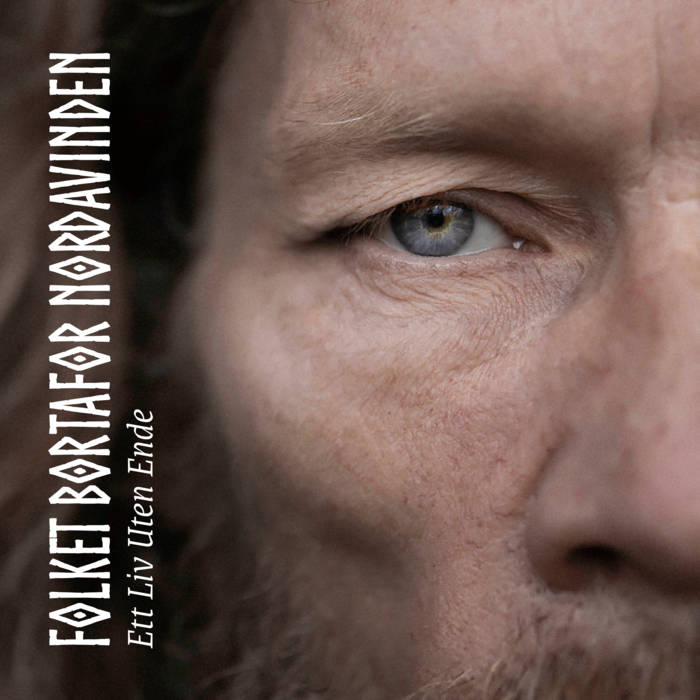
One final thought: FOLKET’s music is universal because it uses very basic, universal elements, and yet it is unique. Thus, it is a way of experiencing that one as an individual is significant for the whole. I think that this experience can lead to experiencing oneself again more as part of a whole and thus also as part of nature. And thus to deal differently with oneself, other people and nature as a whole.
The potential is great and very good and constructive. Connecting closer to nature. With the earth and the multiverse. Just to step into the power. Not an abusive power to be better than anybody else. But for us all to grow. I believe in this growth. The consequence of this thinking is, that barriers and boundaries disappear. When we connect to that we are all a part of we understand that there is only one. There is no you and me. Everything just is. And we are all a part of the same. When I treat you badly I also treat myself badly. Even from a selfish perspective, it is wrong not to meet openly with people.
This openness has made your music what it is: deeply reaching into different musical traditions and cultures. And at the same time, it allows for very individual experiences.
Thank you for the interview and the insight into what FOLKET BORTAFOR NORDAVINDEN is (for you). And as always, I ask you at the end if there is anything you would like to leave our readers with.
The essence of it all is: believe in yourself, step into your power and be the best you can be.
_____________
The great photos are by Espen Winther (Winpics), who not only contributes his sonorous baritone voice to FOLKET but has captured on camera what Benny said about his relationship to music.
You can find FOLKET BORTAFOR NORDAVINDEN HERE
NEWSLETTER. FREITAGS. KOSTENLOS.
Bildquellen
- folket bortafor nordavinden benny interview 2: Folket / Winpics Espen Winther
- folket bortafor nordavinden benny interview 3: Folket /Winpics Espen Winther
- folket bortafor nordavinden benny interview 4: Folket / Winpics Espen Winther
- folket bortafor nordavinden benny interview: Folket / Winpics Espen Winther
- folket bortafor nordavinden benny interview 5: Folket / Winpics Espen Winther
- folket bortafor nordavinden benny interview 6: Folket / Winpics Espen Winther
- folket bortafor nordavinden: folket bortafor nordavinden

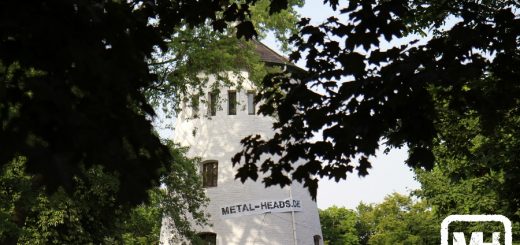
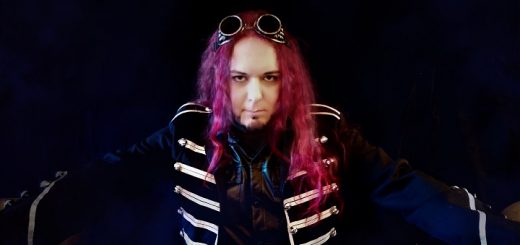

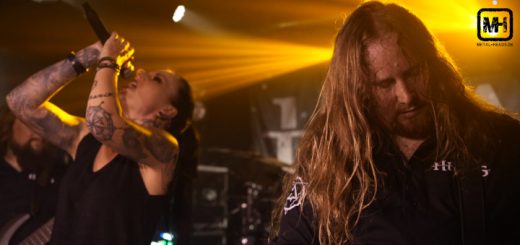
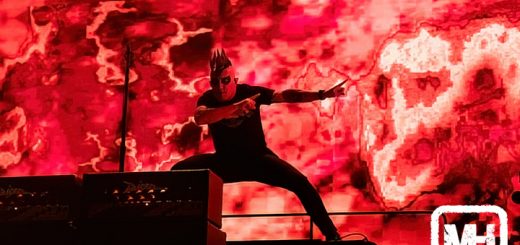
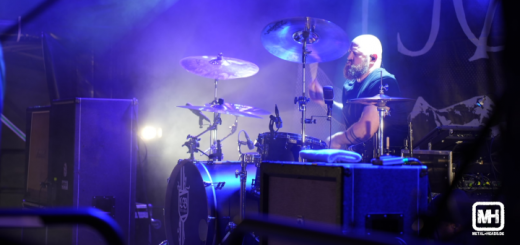
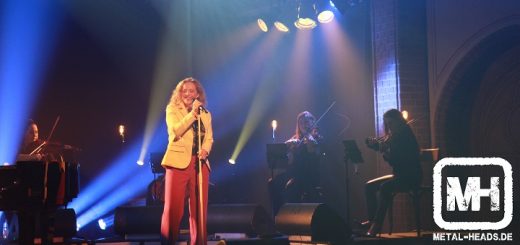
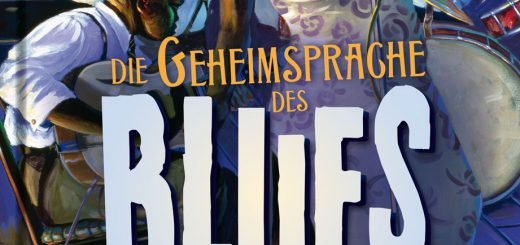
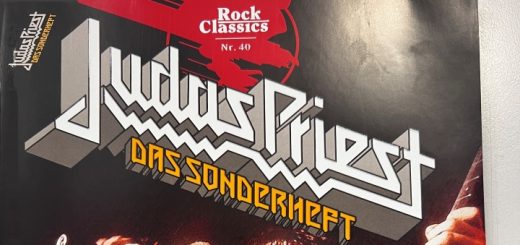
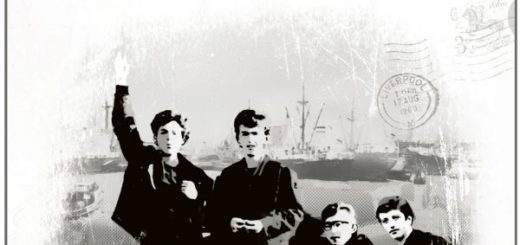
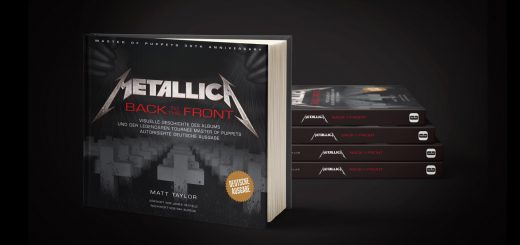
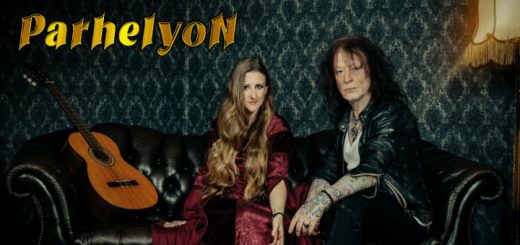
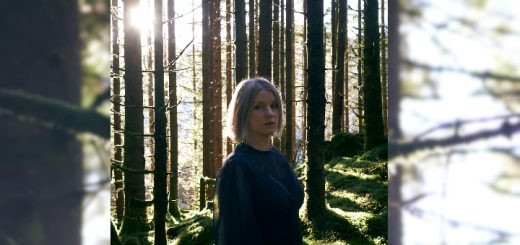
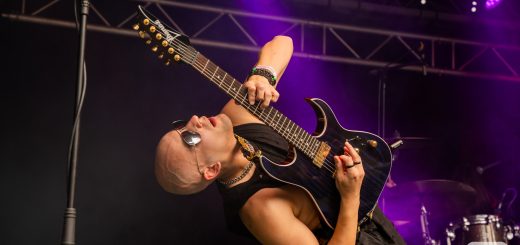
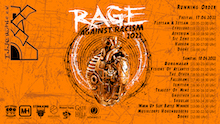










Neueste Kommentare